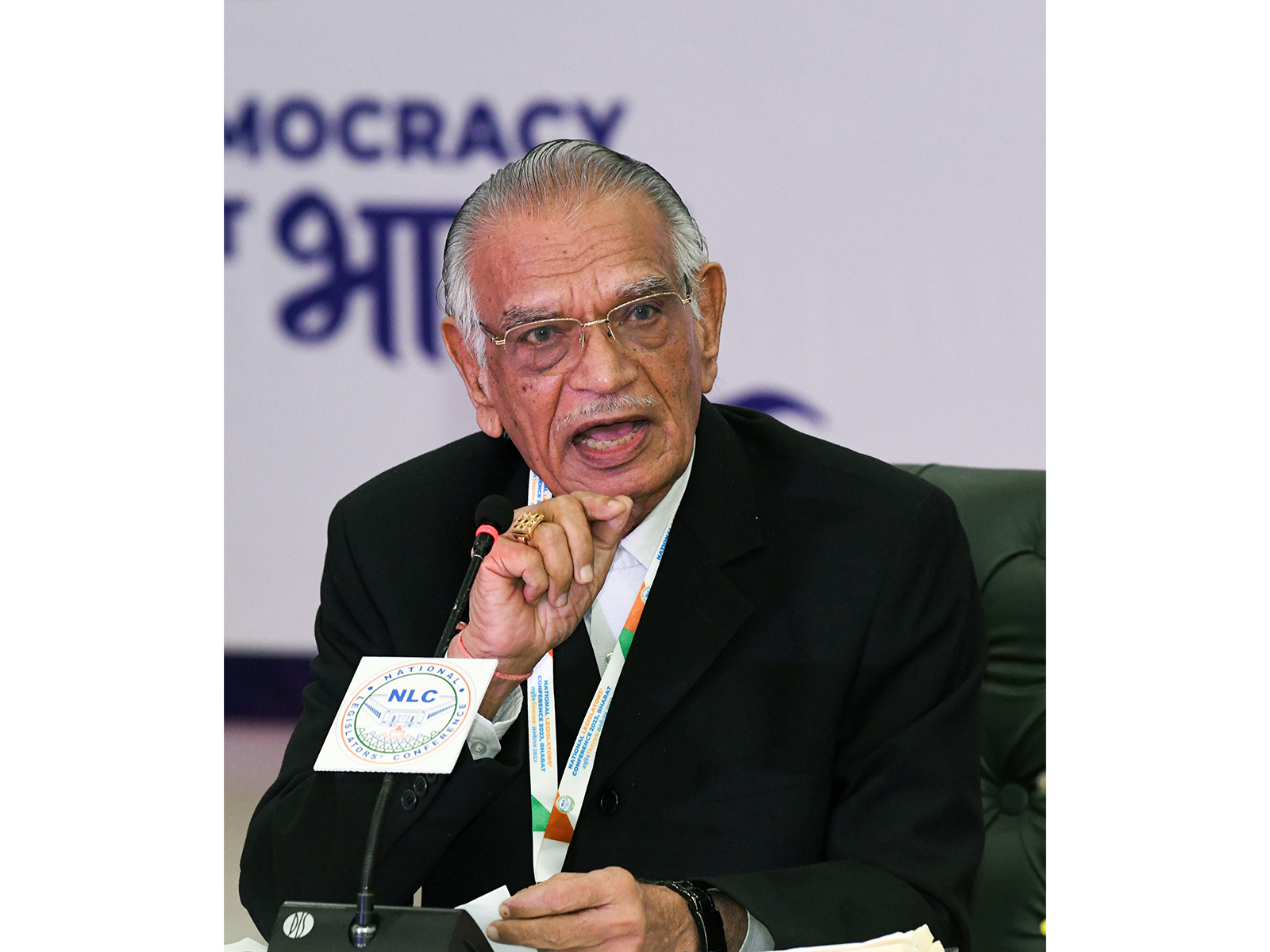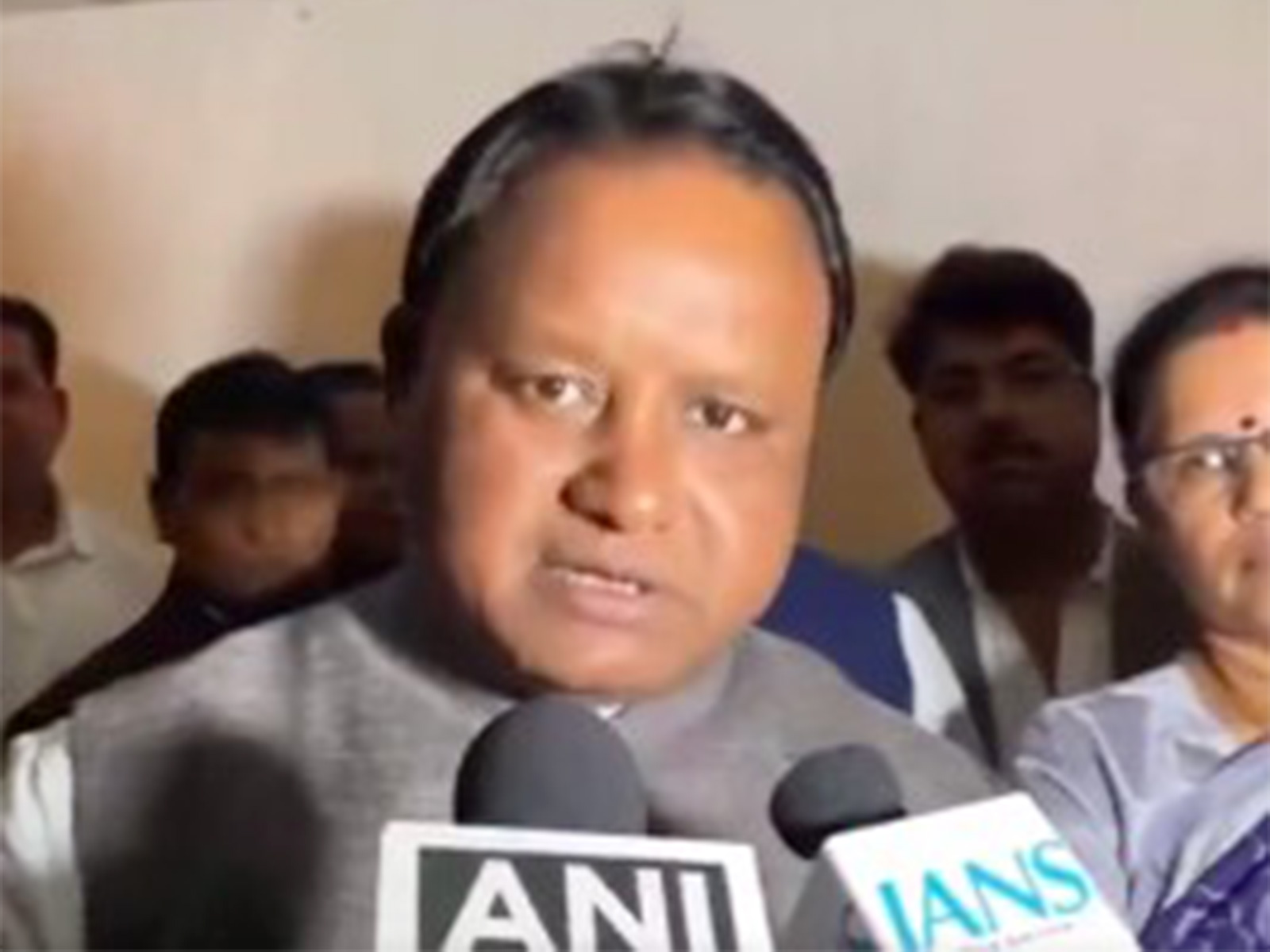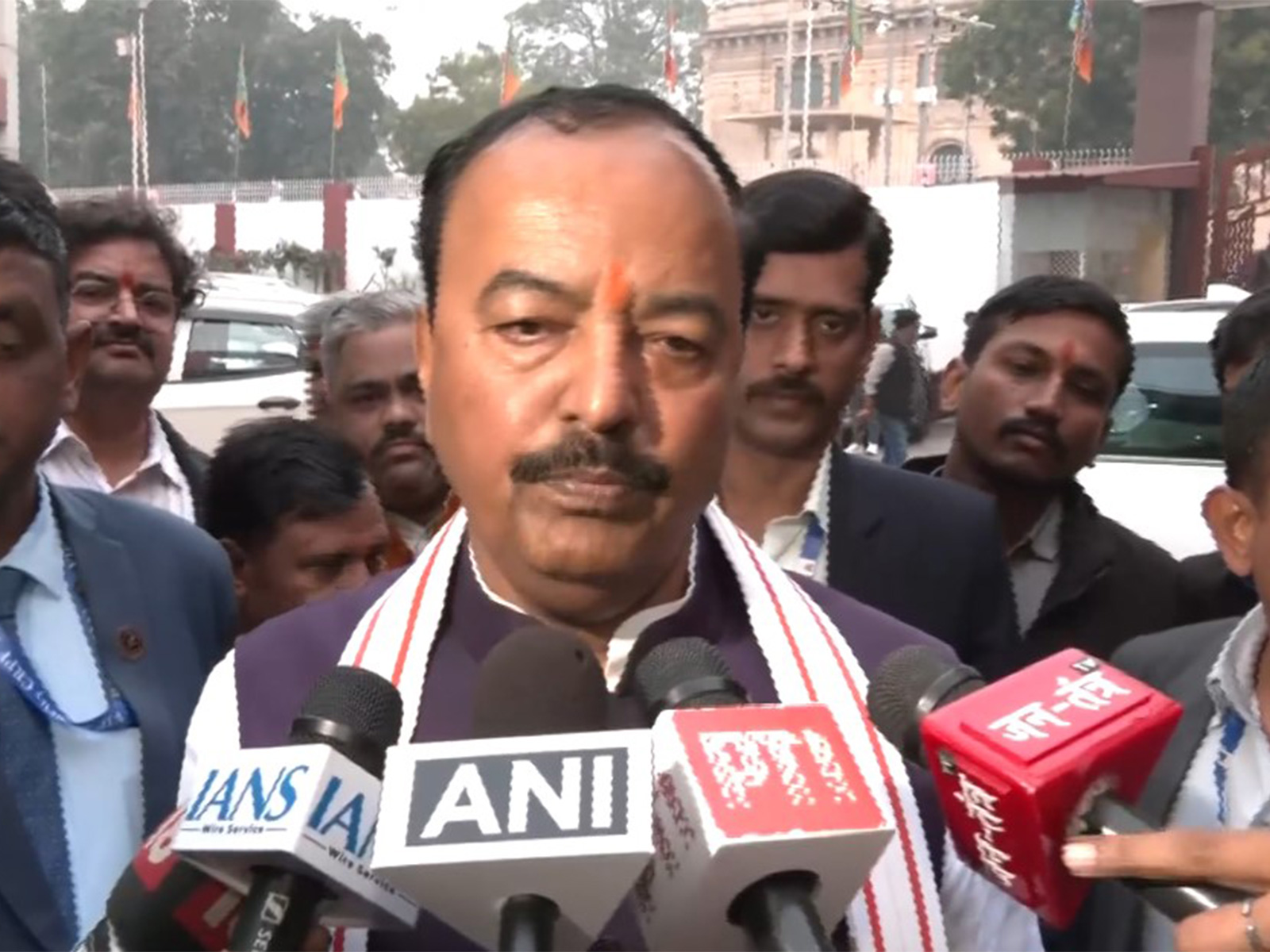Govt moves bill in RS to regulate appointment conditions of Chief Election Commissioner, Election Commissioners
Dec 12, 2023

New Delhi [India], December 12 : The Central Government on Tuesday moved a bill in the Rajya Sabha to regulate the appointment, conditions of service and term of office of the Chief Election Commissioner (CEC) and other Election Commissioners (ECs), and the procedure for the transaction of business by the Election Commission.
Union Minister Arjun Ram Meghwal moved the Chief Election Commissioner and other Election Commissioners (Appointment, Conditions of Service and Term of Office) Bill, 2023, in the Upper House for its consideration and passage.
While moving the bill, Meghwal said three to four important issues are here in the bill, which include salary and regulation of appointments, among others.
The bill replaces the Election Commission (Conditions of Service of Election Commissioners and Transaction of Business) Act, 1991. Earlier, the bill was introduced in the Rajya Sabha on August 10 of this year.
As per the Bill, the CEC and ECs will be appointed by the President upon the recommendation of a Selection Committee, which will consist of the Prime Minister, a Union Cabinet Minister, and the Leader of the Opposition or leader of the largest opposition party in Lok Sabha.
Recommendations of the Selection Committee will be valid even when there is a vacancy in this committee, says the bill, adding that "a Search Committee headed by the Cabinet Secretary will propose a panel of names to the Selection Committee."
Eligibility for the posts includes holding (or having held) a post equivalent to that of Secretary to the Central Government.
The salary and conditions of service of the CEC and ECs will be equivalent to that of the Cabinet Secretary. Under the 1991 Act, it was equivalent to the salary of a Supreme Court judge.
The selection process of the Election Commission may be dominated by the government, which has implications for its independence.
Accepting the Selection Committee's recommendations in spite of a vacancy in its constitution may effectively lead to a monopoly of government members in selecting candidates.
Making the CEC and EC's salary equivalent to the Cabinet Secretary may lead to government influence as it is fixed by the government. This is unlike the salary of a Supreme Court judge, which is fixed through an Act of Parliament.
CECs and ECs also perform quasi-judicial functions. Limiting these posts to senior bureaucrats may exclude other suitable candidates.


















